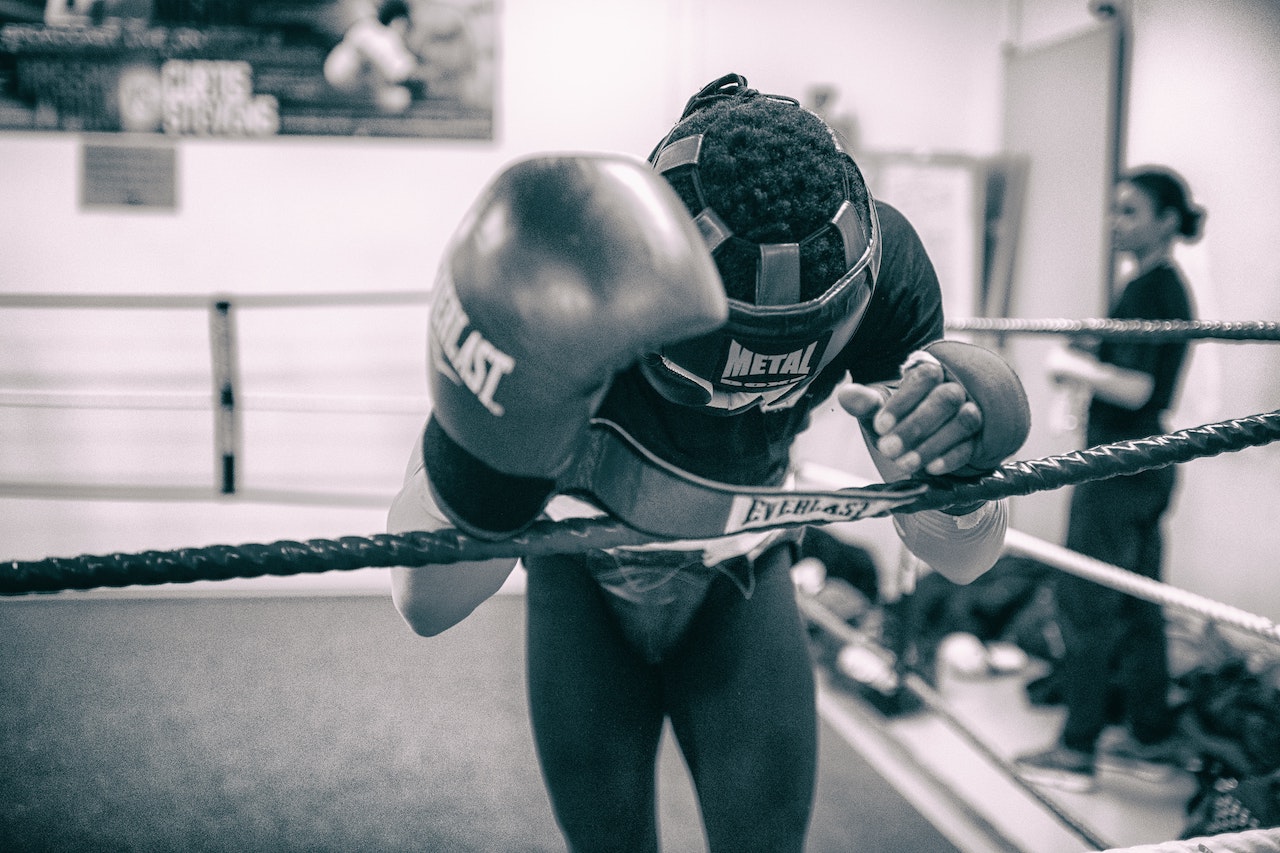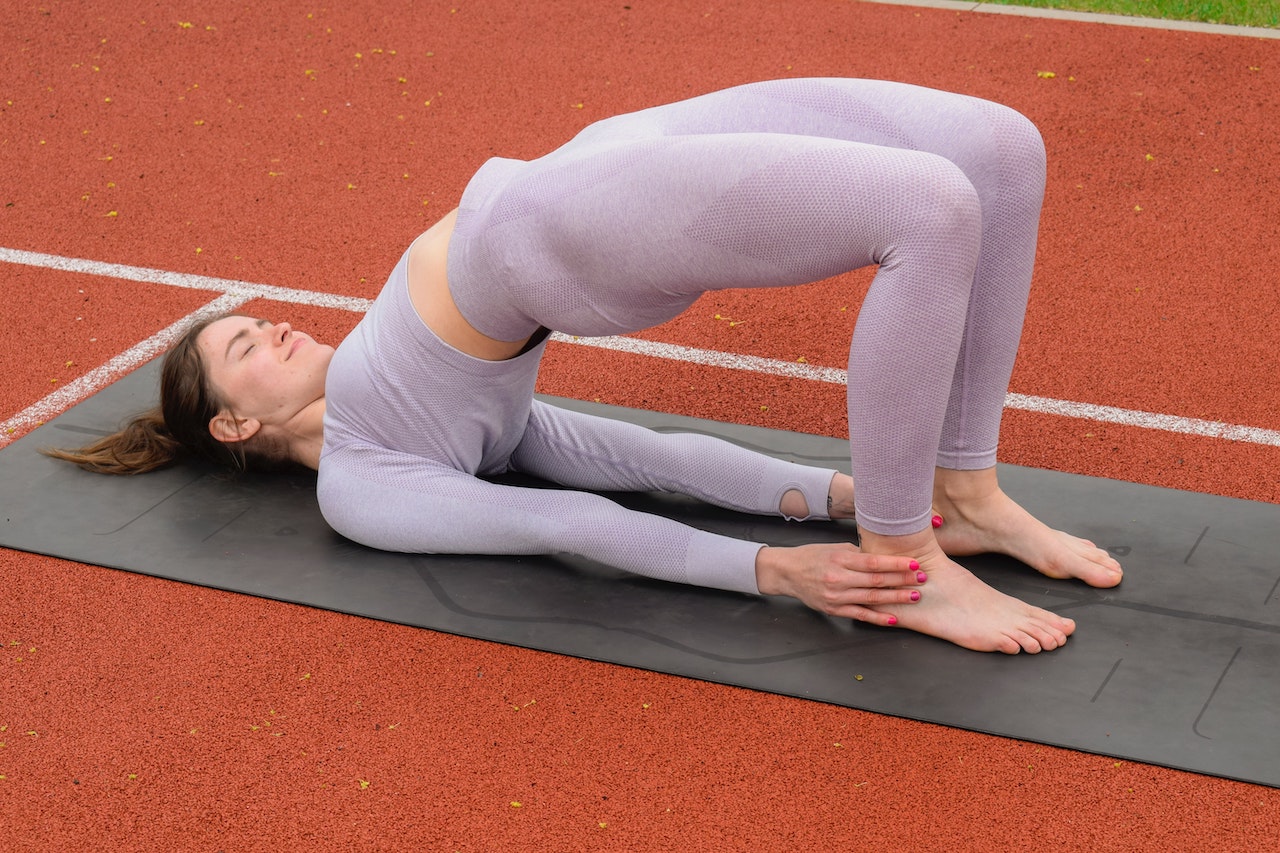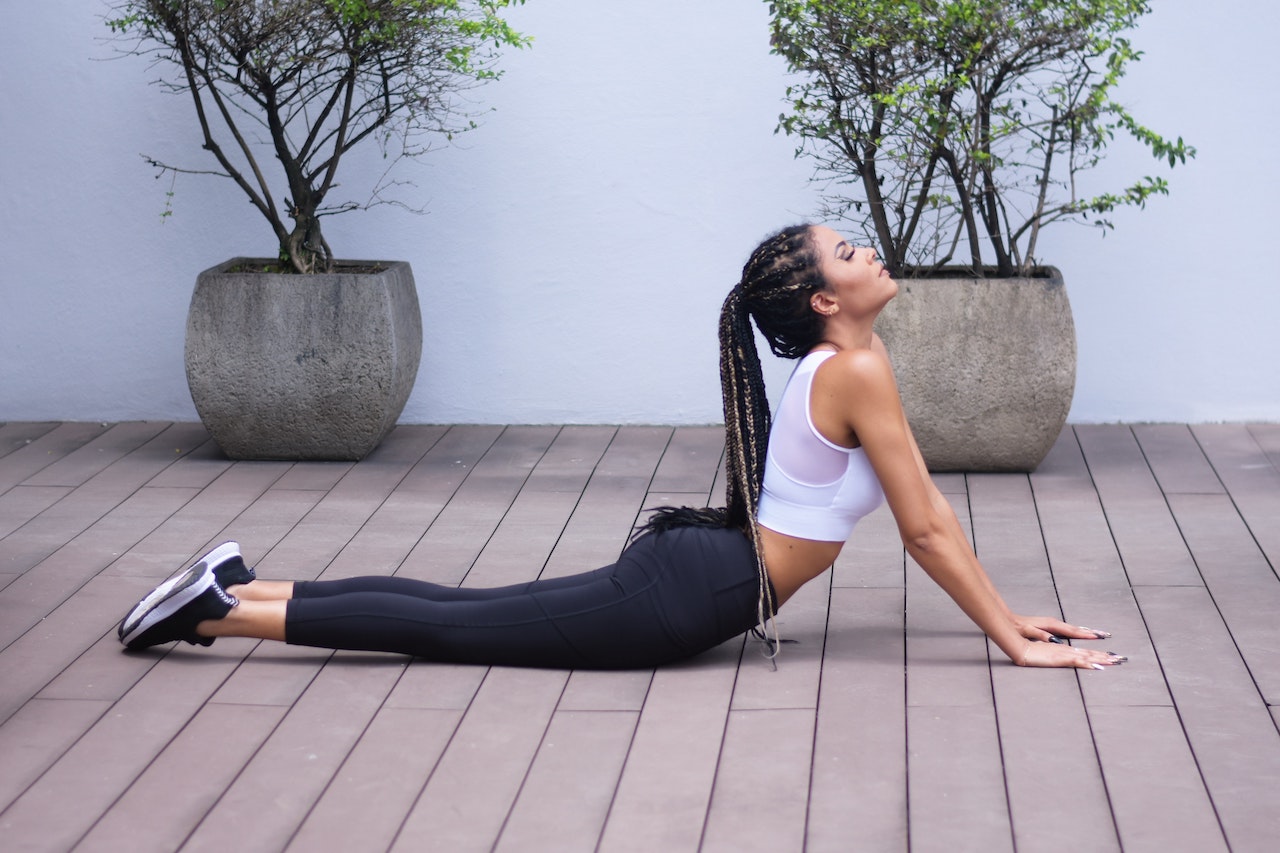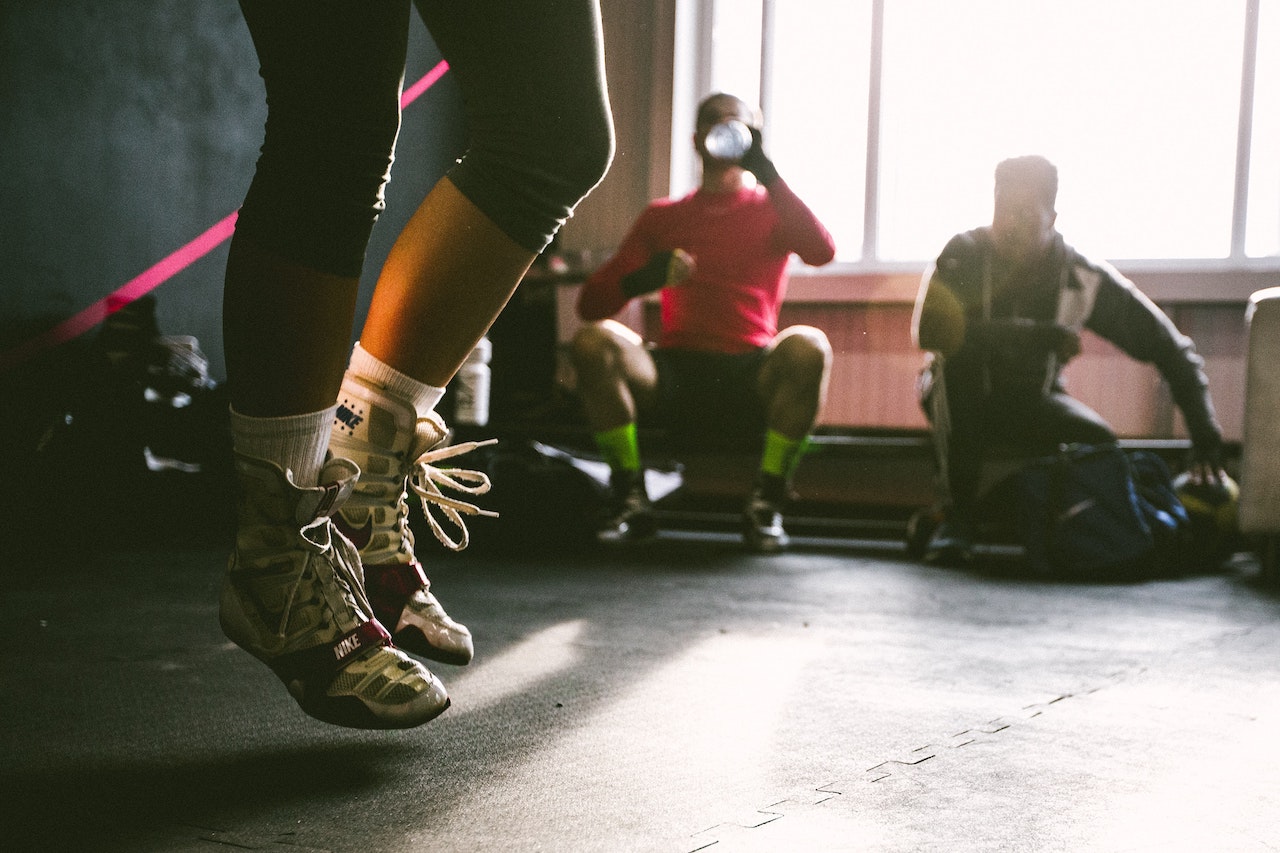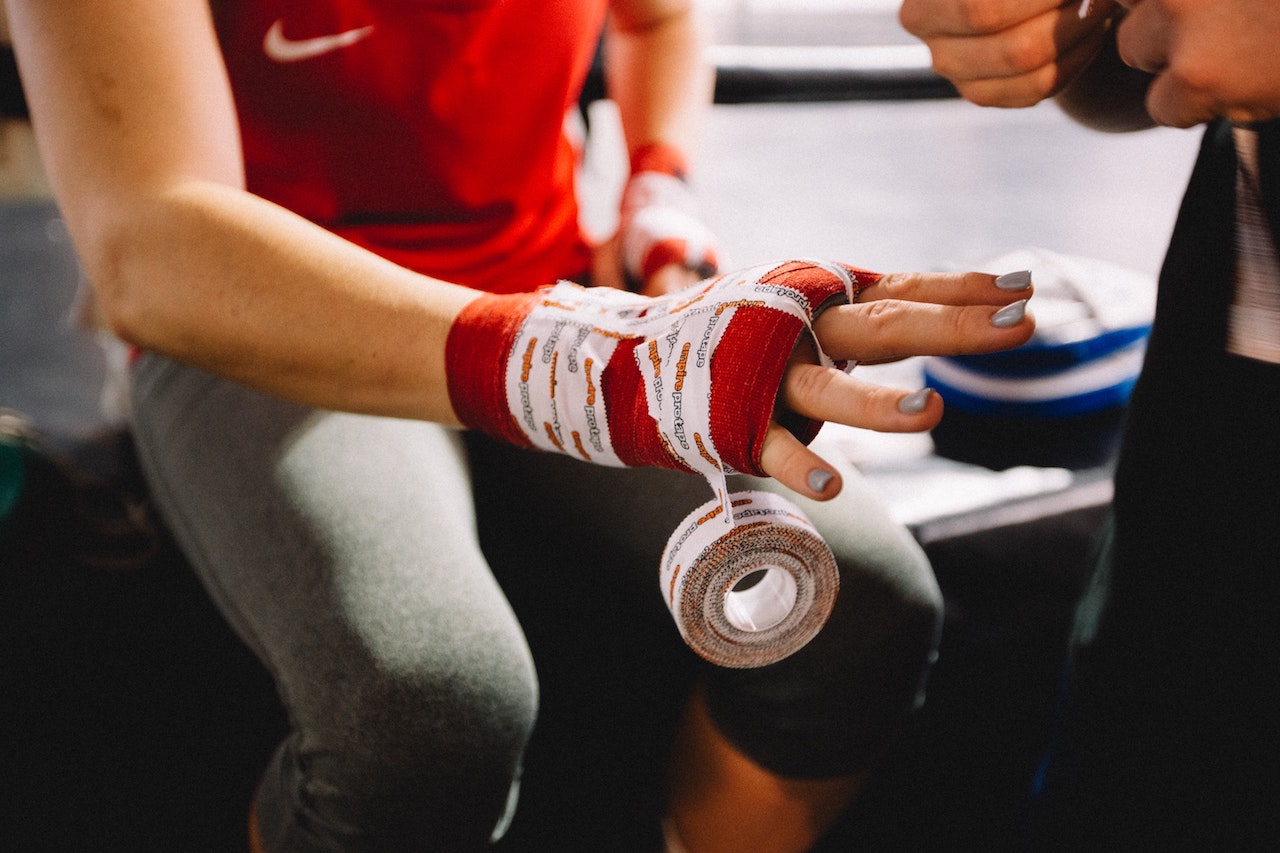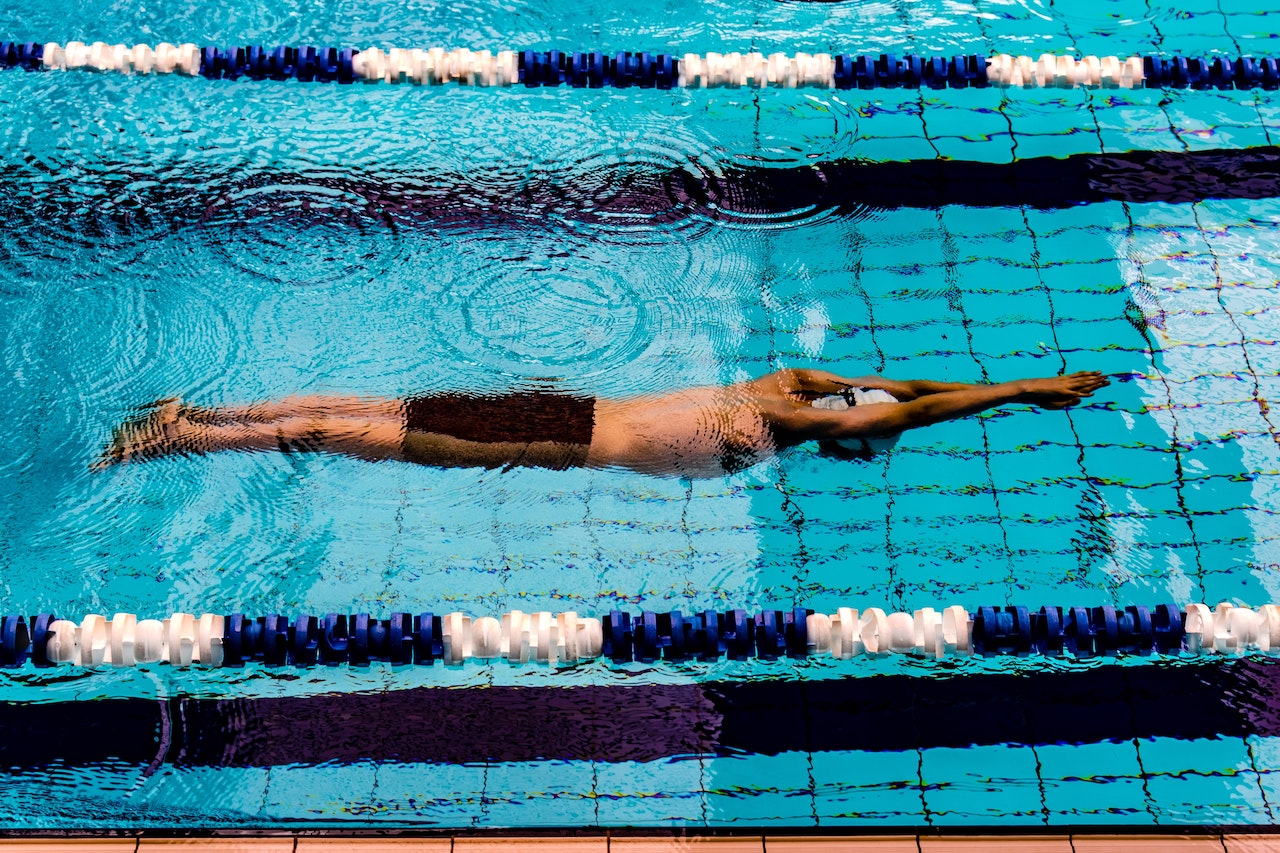when it comes to the consequences of blindly impacting weights, we all know the increased risk of injury. But the fitness-loving wraith feels that perhaps the psychological inability to face up to your true level can be more serious.
The process is compensated by substitution, and only the trainer knows how much the target muscle group is actually engaged in practice.
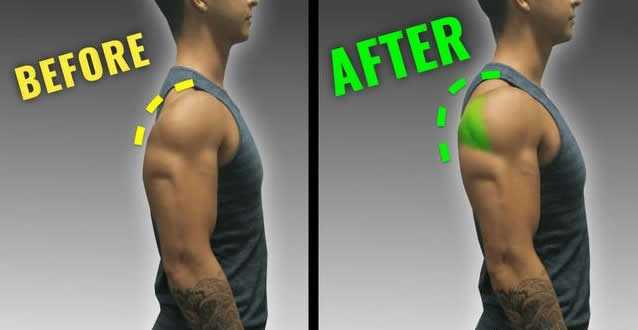
in shoulder training, the dumbbell side planks are considered an easy movement to borrow for substitution, especially with excessive recourse to explosive force. If you switch to the rope side planks, the rope resistance band will stop you from borrowing too much explosive power and you will know your true level once you measure it.
So how is the rope side plank done?
Firstly it is a specific isolation movement and the target muscle is the middle deltoid bundle.
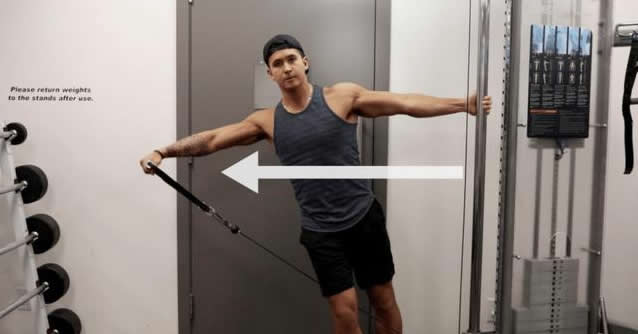
the anterior deltoid bundle, middle and lower trapezius, supraspinatus and the serratus anterior act as support muscle groups during the movement. The supporting muscle groups are able to assist the target muscle groups during the movement. The upper trapezius and scapularis lift muscles play a stabilising role in this movement. The stabilising muscle groups help to maintain posture or stabilise the joint by contracting but producing inconspicuous movements.
The shoulder muscles can withstand higher frequencies and greater volumes than other muscle groups because they consist of a higher proportion of slowly contracting muscle fibres.

how to perform the rope side planks
1. Move the pulleys on either side of the apparatus to the lowest possible position, attach the handles to each side and choose the appropriate weight. You can train with one side of the arm or both arms together.
2. Balance both sides, do not use 2kg on one side and 5kg on the other. An uneven load will not bring additional benefits and will only lead to injury. Ropes provide more even tension and even muscle stimulation throughout the movement compared to dumbbell side planks. You will find it necessary to start with a lighter weight as there is likely to be more tension during the lift.
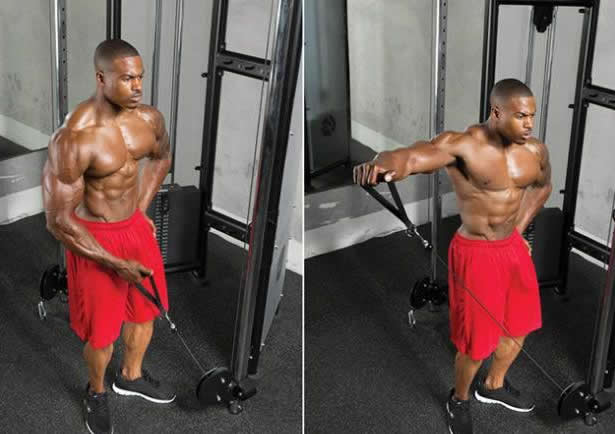
3. If you are doing this movement for the first time, choose a conservative weight that is safe to do for 8 to 12 reps. Choose the right weight, pick up the handles and hold them in opposite hands (palms facing each other). Hold the handle on the left side of the gantry with your right hand and the handle on the right side of the gantry with your left hand to maximise the range of motion.
4. Before starting the movement, stand in the centre of the gantry so that the tension on the ropes is about equal on both sides. Stand almost between shoulder width and hip width apart. This can be done with a solid grip (thumb wrapped around fingers), a hook grip (fingers wrapped around thumb), or an empty grip (thumb and fingers on the same side of the variation).
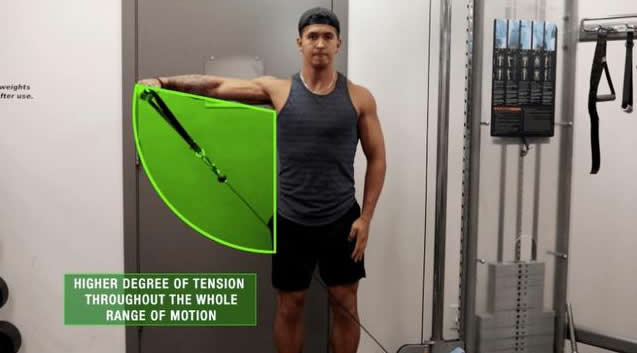
5. Once you have determined your standing distance and grip, take a deep breath, tighten your abdomen and stand straight, with your chest and shoulders straight. With your hands at your sides and your elbows straight (but not hyperextended) or slightly bent, begin to raise your arms at the same time.
6. Keeping your elbows slightly bent, continue to raise your arms until your elbows are at the same height as your shoulders and in line with them. Hold for 1 - 5 seconds, then slowly return the handles to the starting position for the required number of repetitions.

7. During the lift and lowering, ensure that your elbows are in line with or slightly above your wrists, keeping your chest up and shoulders down. If you find yourself swaying, starting to shrug your shoulders, or lifting your wrists higher than your elbows, then the weight is too heavy.
8. This movement can be done using regular sets, pre-fatigue sets, decreases, rest-pause sets, supersets, triples, giant sets, pause reps, partial reps, forced reps or centrifugal reps. Progression can be achieved in a variety of ways such as increasing the weight, increasing the number of sets, increasing the number of reps, shortening the rest period, increasing the quality of the reps, etc.
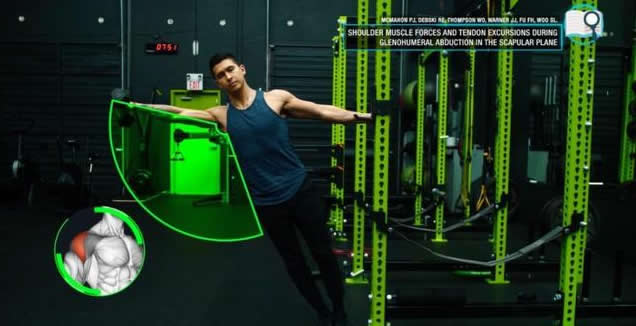
rope side planks training tips
one-arm training - if you want to get to a better contraction of the deltoid mid-bundle, or if one side of the deltoid mid-bundle is lagging behind the other in size or strength, try a one-arm rope lateral raise. This will help to improve the intention-muscle connection during the movement as well as reduce any imbalance in the development of the deltoid mid-bundle on both sides.
To complete the one-arm variation, grab the gantry with one hand or place it on your thighs or hips and simply lift the handle with the other hand. Complete the target number of reps, then switch hands.
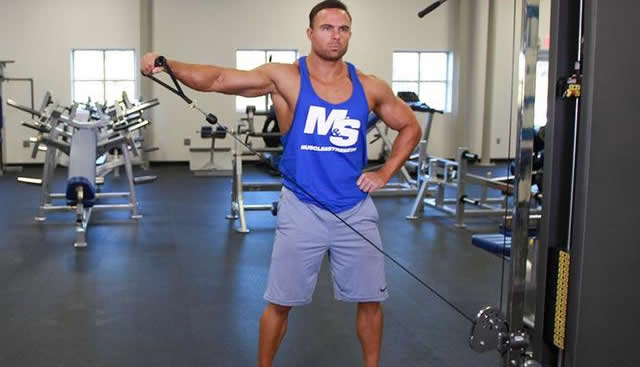
avoid borrowing - you will get the most out of the rope side planks that can be achieved when using slow and controlled movements throughout. Don't go for weights that will allow you to borrow force just to save face.
Too much weight in this movement will inevitably allow you to generate enough momentum through the swing of your body to lift the handles. This momentum greatly increases the likelihood of injury and minimises the stimulation of the target muscles.
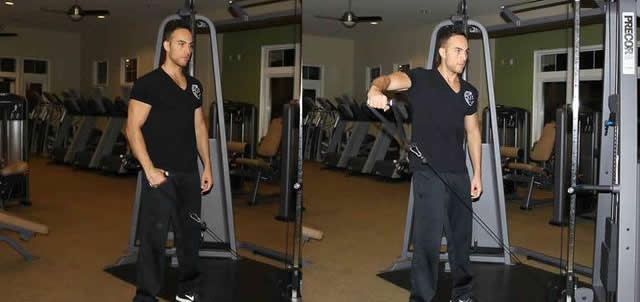
pause at the highest point - if you want to increase the intensity then try holding the rope handle at the top for 5 to 10 seconds. This will increase the amount of time the muscle is under tension and the build up of lactic acid. Increasing the amount of time your muscles are under tension is an ideal practice for adjusting to progressive overload and increasing muscle growth.
Rotate your wrist - if you find yourself lifting your wrist before your elbow, then try rotating your wrist slightly so that your pinky is facing the ceiling and your thumb is at a 45 degree angle to the floor. Little ones will think that this wrist rotation makes it feel like pouring water onto the floor.

whatever grip you use to utilise this method will experience a strengthening of the middle deltoid bundle and a reduction in trapezius stimulation.
Use a booster band - if there is little grip strength left before the shoulders are exhausted, then try using a booster band. The focus of this movement should be on the middle deltoid bundle, not your forearms.
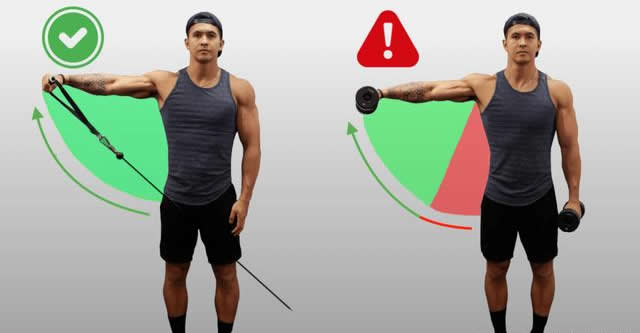
of course, all of this today is not to tell you not to use explosive power, but not to abuse it to cheat yourself. Add side planks with ropes to the program and you will definitely get more into it.


